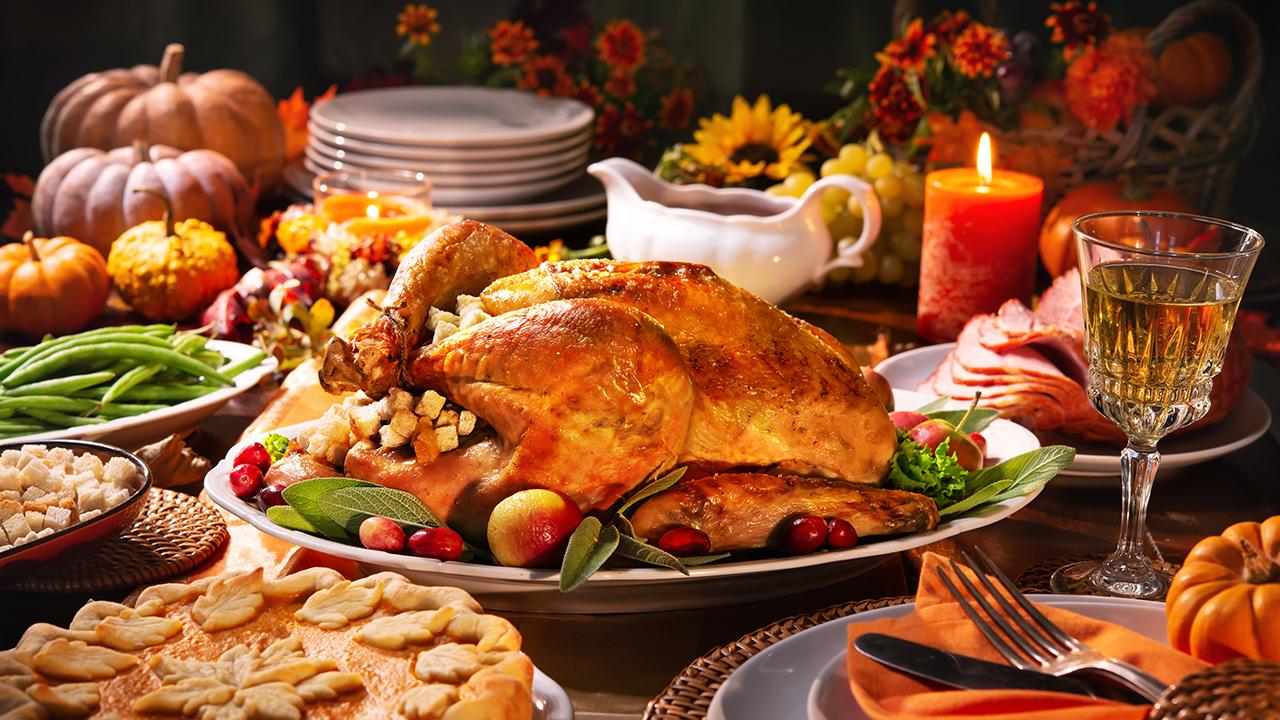Dog-safe Thanksgiving menu: Foods you shouldn't give to your four-legged friend
Some Thanksgiving foods could be dangerous to dogs, experts say.
It's that time of year where many of our loved ones are gathering around the table to enjoy some of their holiday favorites. However, the one beloved member of the family that shouldn't get a seat: your dog.
Gravies, sauces and marinades and various other elements of the traditional meal can be dangerous and even life-threatening for our four-legged friends, experts say.
In fact, each year during Thanksgiving activities veterinary practices around the country see an increase in urgent care visits due to the dishes that in some cases can be toxic, according to the American Kennel Club.
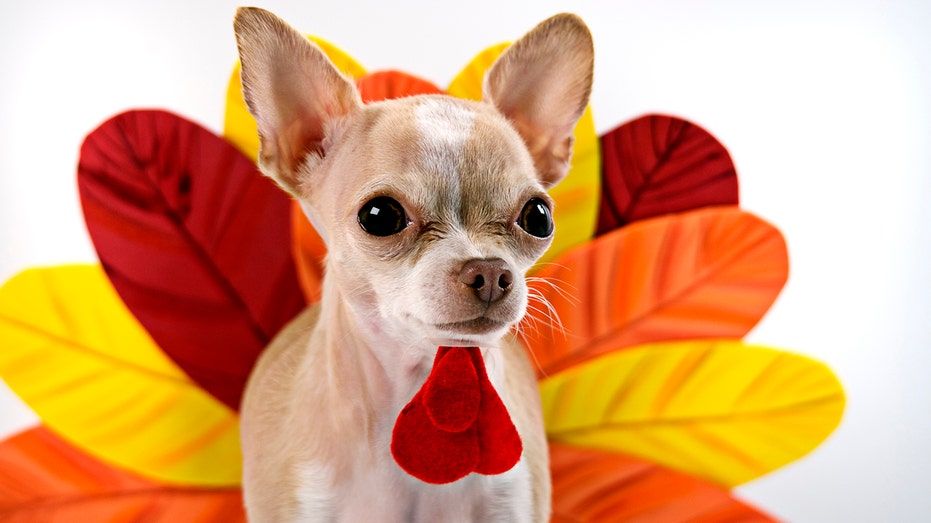
We all know it's no easy task saying no to those puppy dog eyes, so if you end up sharing those holiday delights, make sure to stay clear of some particular items noted by PetSmart and the American Kennel Club.
Turkey
It is OK for your dog to eat turkey, as long as it's just the meat without the skin, according to experts at the American Kennel Club. But make sure it is unseasoned and boneless.
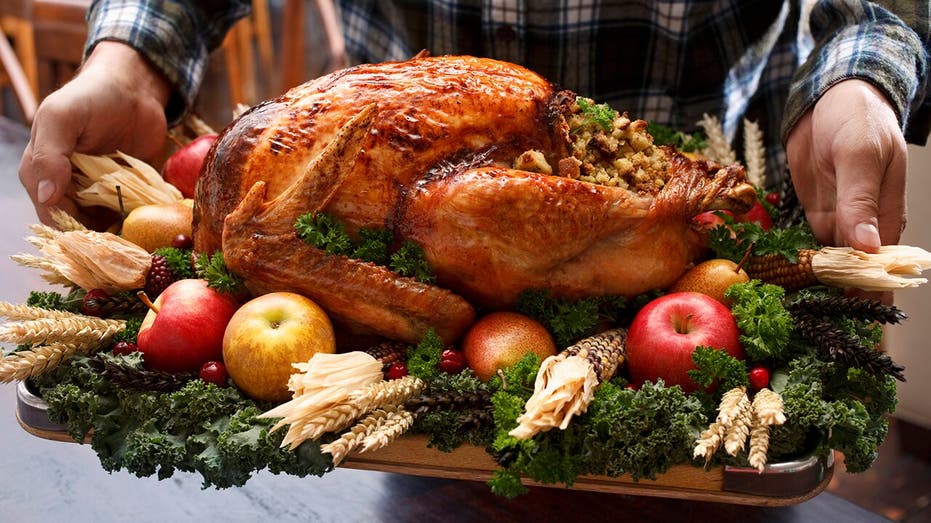
Cooked bones can "splinter and become lodged in your pet's gums, throat or intestinal tract," according to PetSmart. A safe option instead would be offering them a dog done or rawhide.
Make sure the meat they are eating is unseasoned.
Onions, garlic, scallions and chives
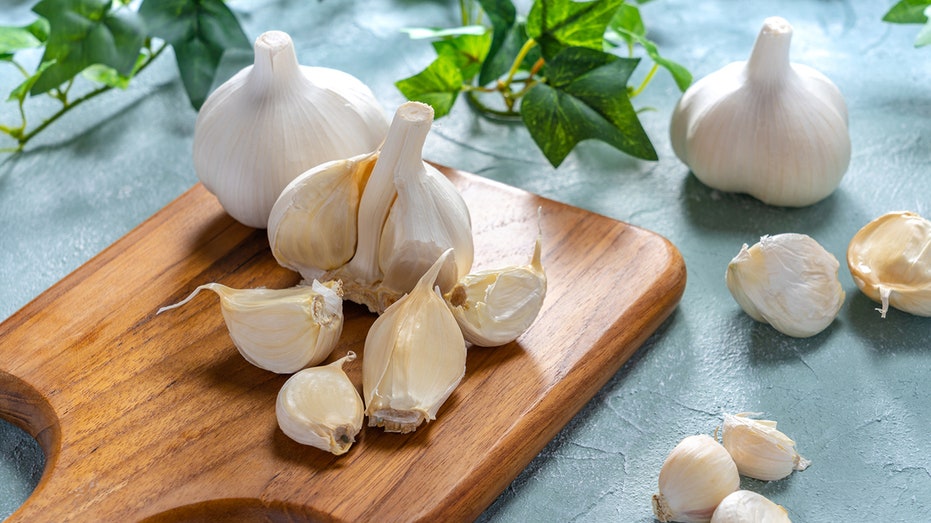
Additional ingredients that may be added to turkey such as onions, garlic, scallions and chives can be toxic to dogs. Whether cooked or uncooked, these additives contain thiosulphate, which can damage the red blood cells in their body, according to PetSmart.
They can also cause gastrointestinal upset, breathlessness, diarrhea and vomiting.
Alcohol
The season is also known for its hordes of drinking festivities. But whether it's an alcoholic beverage or food product that contains alcohol, make sure it is out of reach for your dog due to ethanol poisoning.

Beverages or food products that contain alcohol can cause toxicity within your pet, “which may lead to severe health complications like respiratory depression (slowed breathing and inadequate movement of air into the lungs), cardiac arrest and even death," PetSmart noted.
Caffeine
Caffeine is also another no-go for dogs.
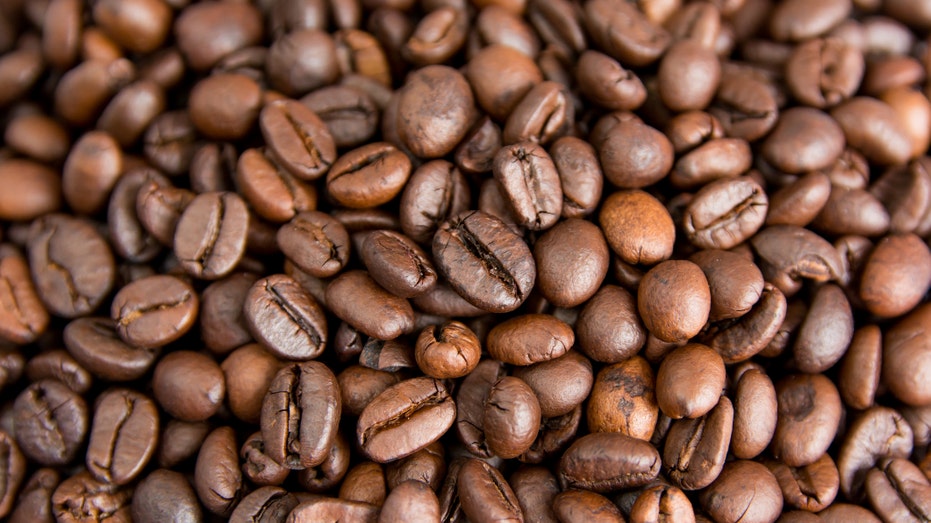
Anything with caffeine, whether it be pills, soda, coffee or energy drinks, can cause severe symptoms, including hyperactivity, restlessness, vomiting, elevated blood pressure, elevated heart rate and seizures.
AYESHA CURRY THANKSGIVING RECIPE DEBUTS ON GOOGLE ASSISTANT
Macadamia nuts
Macadamia nuts can also cause severe reactions within dogs such as muscular weakness, disorientation, depression, tremors and abdominal pain.
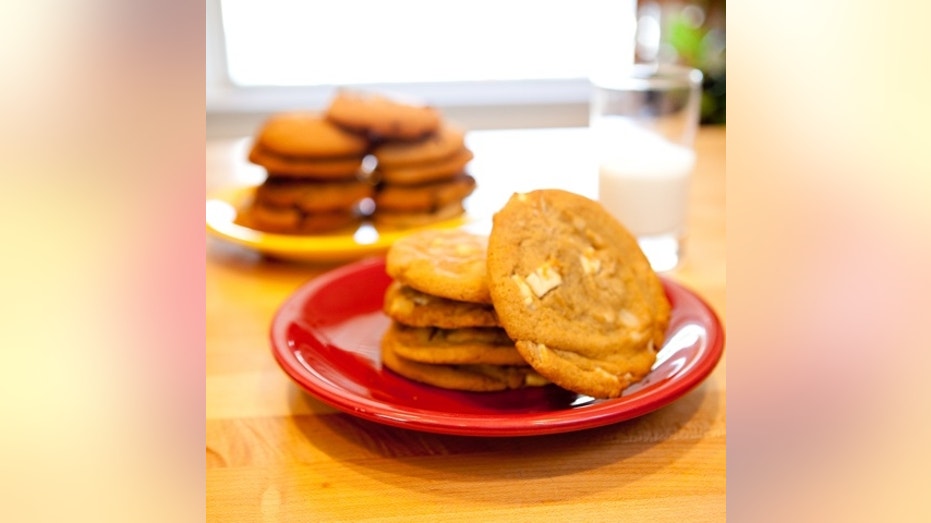
However, dog-friendly peanut butter treats can be a great substitute, according to PetSmart.
Chocolate
The holidays are also fueled with endless sweets, but make sure chocolate is nowhere in your dog's sight.

Chocolate can cause several health issues within a dog, including overstimulation of their heart, PetSmart says, adding that baker’s chocolate, in particular, is toxic.
Uncooked yeast dough
Uncooked yeast dough can also be toxic to dogs.
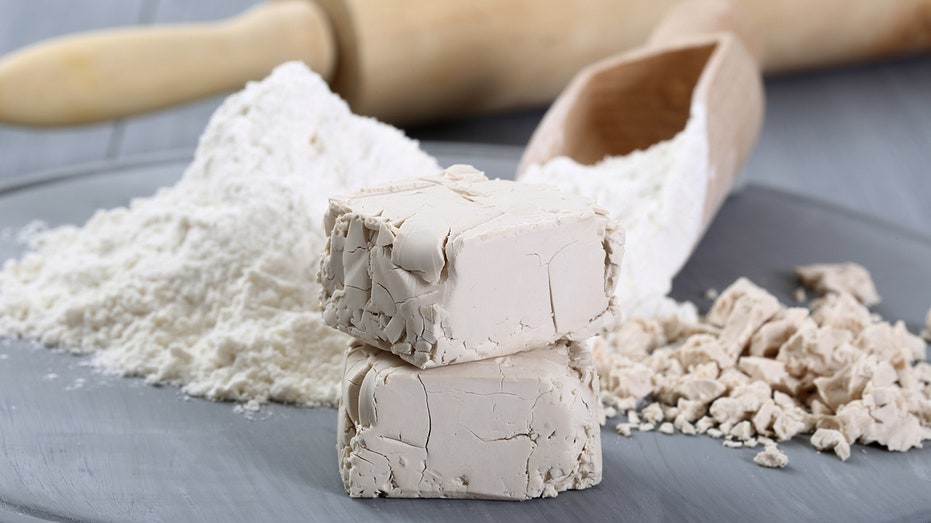
Not only does the dough cause various symptoms such as vomiting, disorientation and abdominal pain in pets, but also a "dog's digestive system causes further fermentation of the alcohol found in the uncooked dough, which can trigger ethanol poisoning."
THANKSGIVING DAY MEALS: WHAT ARE THE MOST POPULAR DISHES?
Grapes and raisins

Grapes and raisins, although seemingly harmless, can also cause toxicity in dogs. Even small amounts can cause major health concerns such as vomiting, diarrhea and severe gastrointestinal upset to kidney failure.
GET FOX BUSINESS ON THE GO BY CLICKING HERE
Mints, candy and baked goods
The sugar substitute Xylitol, which can be found in gum, mints, candy and baked goods, can cause dangerously low blood sugar and even liver damage in dogs. It is highly toxic and can even be fatal for dogs.

CLICK HERE TO READ MORE ON FOX BUSINESS
But we all know accidents happen.
So if Fido was able to get his paws on any of the above ingredients, the ASPCA urges owners to call their veterinarian or the ASPCA Animal Poison Control Center at (888) 426-4435.




















